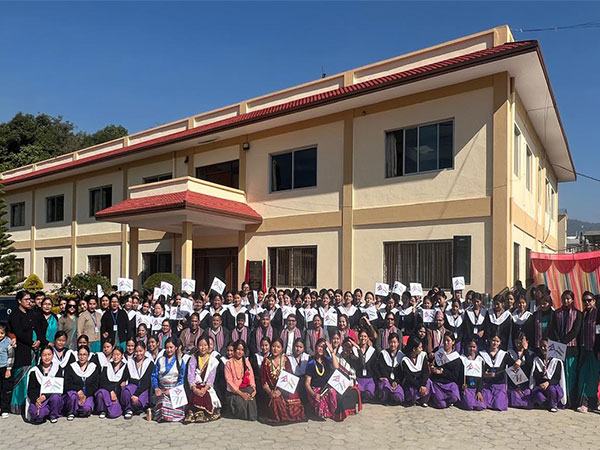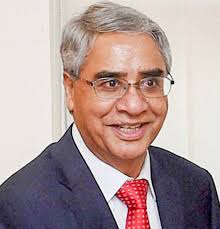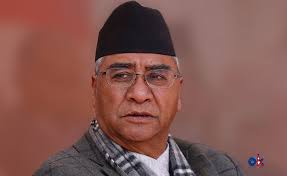
12/13/2024
Kathmandu, Dec. 13: The Campus and Hostel Buildings of Sushma Koirala Memorial Nursing Campus, Kathmandu built with Government of India’s financial assistance at the project cost of NRs.29.24 million under ‘Nepal-India Development Cooperation’ was formally handed over to Campus Management Committee on Friday jointly by Santosh Budhathoki, Chief, District Coordination Committee, Kathmandu and Avinash Kumar Singh, First Secretary, Embassy of India, Kathmandu. Political representatives, government officials and social workers were also present on this occasion.
The Government of India’s grant under ‘Nepal-India Development Cooperation’ was utilized for the construction of a two storied class room block, a two storied hostel block and other allied facilities. The pro-ject was taken up as a High Impact Community Development Project (HICDP) and was implemented through District Coordination Committee, Kathmandu.
Chief, District Coordination Committee, Kathmandu, Deputy Mayor, Shankharapur Municipality, political representatives and Chairperson, Sushma Koirala Memorial Nursing Campus appreciated the continued developmental support of the Government of India in upliftment of the people of Nepal. The set up created would be useful in providing professional nursing education facilities to students of Sushma Koirala Memorial Nursing Campus in Kathmandu and would create an improved environment for learning as well as contribute to the overall development of the education sector in this region.
Sushma Koirala Memorial Nursing Campus was established in the year 2000. It is affiliated to Coun-cil for Technical Education & Vocational Training (CTE&VT). The Campus is providing three years Profi-ciency Certificate Level course in Nursing and produces 120 trained nurses every year.
As close neighbours, India and Nepal share wide-ranging and multi-sectoral cooperation. The implementation of HICDPs reflects the continued support of the Government of India in bolstering the efforts of the Government of Nepal in upliftment of its people by augmenting infrastructure in priority sectors.






